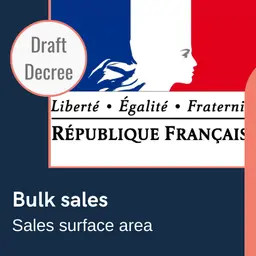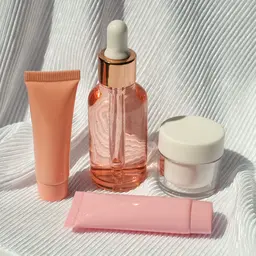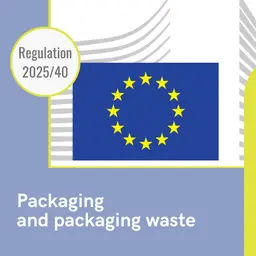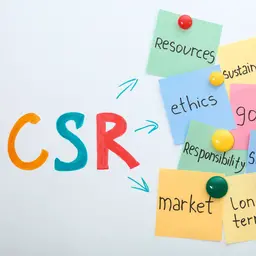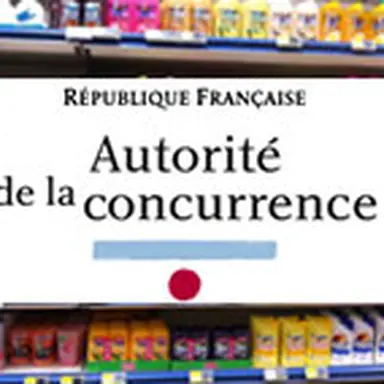
The French Competition Authority has just issued a decision by which it sanctions an agreement between 11 manufacturers of hygiene products sold in supermarkets. Between 2003 and 2006, these major cosmetics companies coordinated their commercial policies, particularly with regard to price increases. A total fine of €605.9 million was imposed on Colgate-Palmolive, Henkel, Unilever, Procter & Gamble, Reckitt Benckiser, Sara Lee, Laboratoires Vendôme, Gillette, L'Oréal, Beiersdorf and Vania.
At the time of the events, says the press release from the French Competition Authority, French people spent an average of 190 euros per year on cosmetics and hygiene products. The total turnover of the hygiene sector was over 5 billion euros in France. The market is characterised by the presence of a limited number of global players: the 8 leading players in the market represent more than 70% of the sector's total turnover, the three leading players alone accounting for around 43% of the market (including more than 28% on average for the leading group, L'Oréal).
Among the products concerned are shower gels (Sanex, Petit Marseillais, Mont St Michel, etc.), shampoos and conditioners (Elsève, Fructis, Jacques Dessange, Dop, Head&Shoulders, etc.).), toothpastes (Signal, Colgate, Tonigencyl, etc.) and oral hygiene products, deodorants, shaving foams, blades and razors, depilatories, facial care, body care, feminine hygiene products, sun care products, etc.
A case revealed by the leniency programme
This cartel was brought to the Authority's attention by SC Johnson, Colgate-Palmolive and Henkel, who in turn applied for clemency. The leniency procedure allows undertakings which participate or have participated in a cartel to disclose its existence to the Authority and to obtain, under certain conditions, full or partial exemption from financial penalties, depending in particular on their rank of arrival at the Authority and the added value of their cooperation in the investigation.
Thanks to information obtained from the first leniency applicants, visits and seizure operations were carried out in France in February and July 2006, which made it possible to gather numerous pieces of evidence (meeting minutes, agendas, internal notes, notes taken at meetings, venue reservations, etc.).
The agreements were particularly sophisticated and led to a convergence of behaviour on the main parameters of commercial negotiation between all the major suppliers of cleaning and hygiene products. On each sector, they met regularly and secretly to coordinate their trade policies and discuss their tariff policies.
The agreements were intended to promote the convergence of positions held by suppliers during commercial negotiations with distributors. They have changed the normal course of negotiations with distributors for the benefit of suppliers. They made it possible to maintain sales prices to distributors at an artificially high level, which was then reflected in sales prices to consumers.
Sanctions
The cartels sanctioned are particularly serious, says the Competition Authority today, not only because of their secret nature but also because of their very nature: they allowed competing companies to coordinate on the main parameters of commercial negotiations and in particular on price developments.
The Authority also noted that these cartels had caused damage to the economy, particularly in view of their national scope, the characteristics of the markets in question, the small number of players offering sometimes'unavoidable' products and the effects they had had at the end on consumers.
The amount of sanctions is related to the large size of the market affected: around 7 billion for hygiene products.
The Authority also modulated the sanctions to take account of the degree of individual participation of undertakings in the cartels as well as the specific behaviour and circumstances of each undertaking: in particular, it found that Colgate-Palmolive had played a particularly active role in the cartel in each of the sectors and that a large proportion of the undertakings belonged to a group with significant overall size, economic strength and resources.
SC Johnson was granted full leniency immunity in respect of its participation in the maintenance products cartel. Henkel also benefited from a 30 % exemption.
The companies belonging to the Unilever, Johnson & Johnson, Henkel, Reckitt Benckiser, Colgate-Palmolive, Procter & Gamble and Beiersdorf groups have not contested the facts and have made'compliance' commitments for the future: they have benefited from a penalty reduction from 16 % to 18 %.
The fines amount to € 102 022 000 for Unilever, € 8 130 000 for Johnson & Johnson (Vendôme laboratory), € 74 923 000 for Procter & Gamble (Gillette), € 72 113 000 for Beiersdorf, or € 189 494 000 for L'Oréal, which, unlike the other companies, did not benefit from a reduction in penalty for not contesting the facts.
For more on this subject - See the press release from the French Competition Authority




